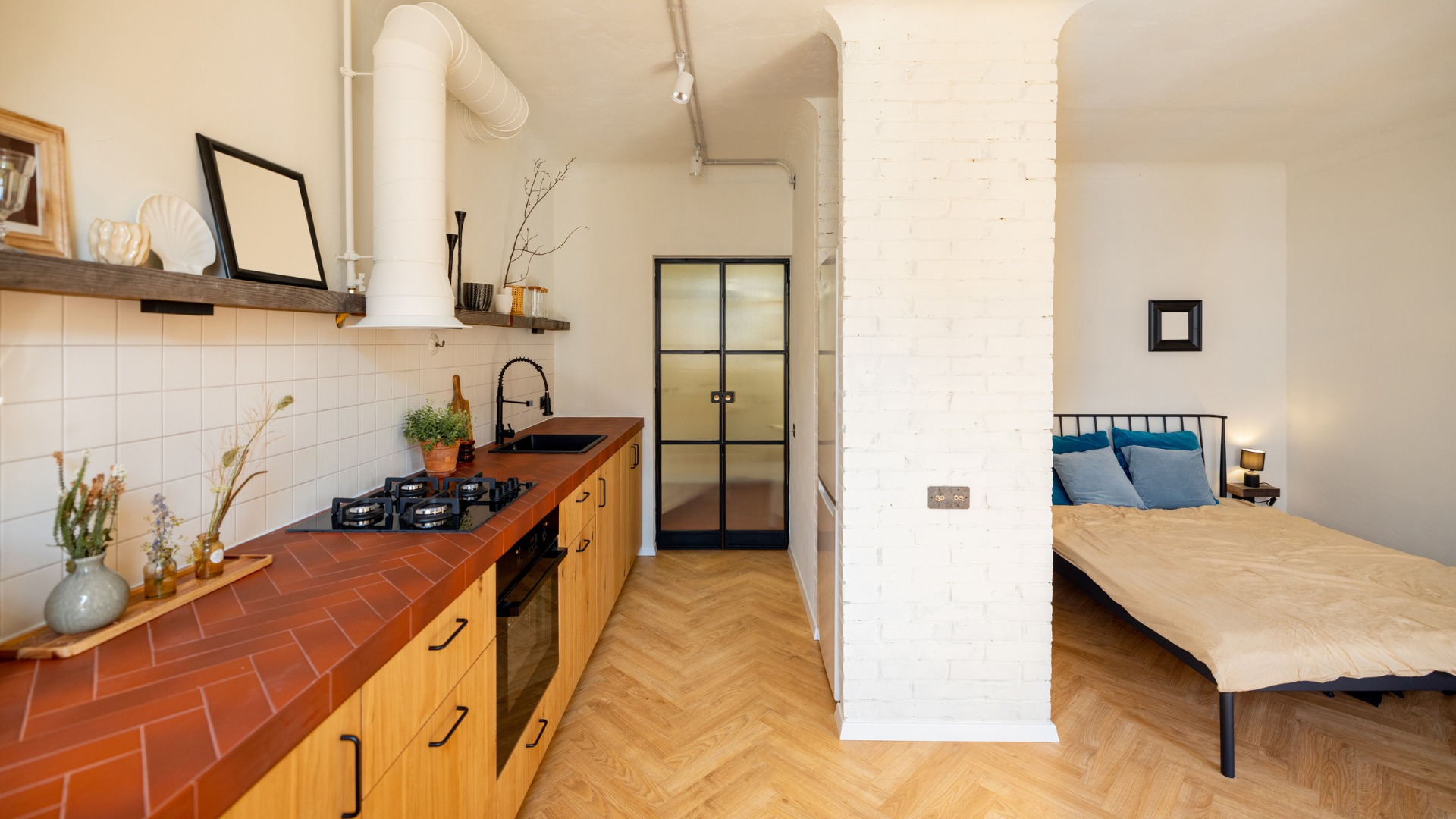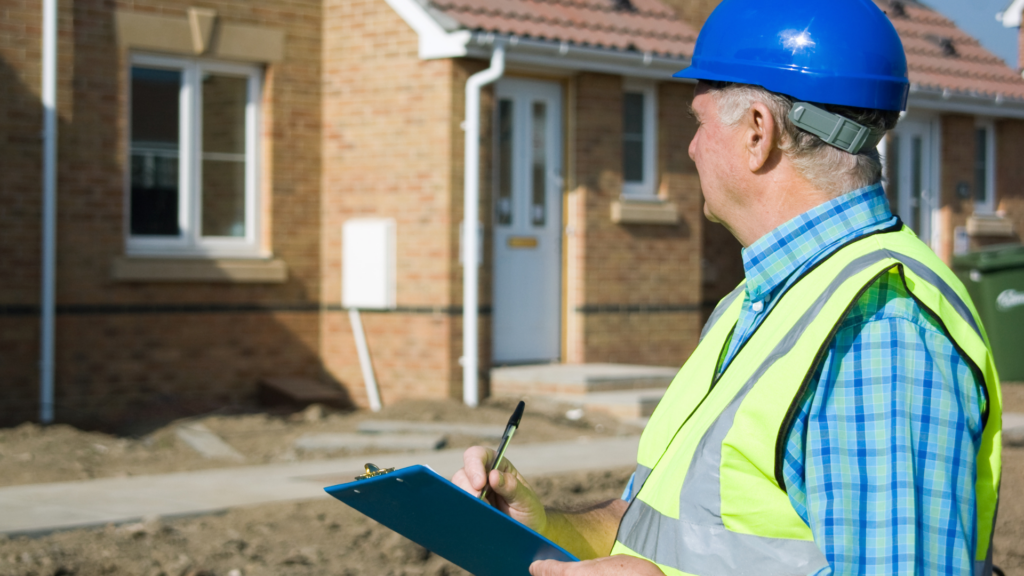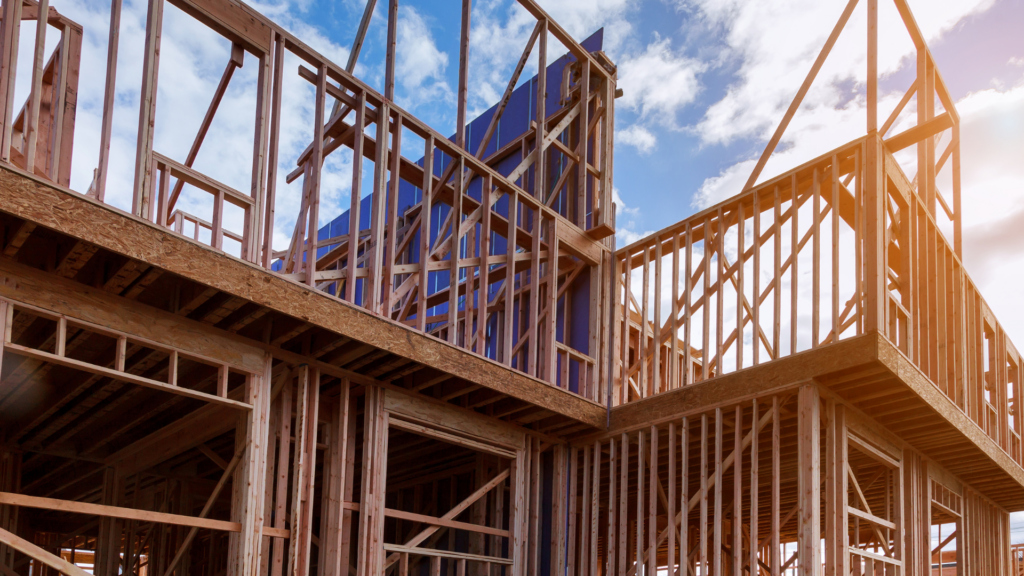How To Buy a Studio Flat: A Complete Mortgage Guide

Are you looking for a home that’s cosy, low-maintenance, and close to everything?
For many, a studio flat ticks all these boxes—compact, cosy, and close to the action.
But getting a mortgage for one can be trickier than you might think.
Lenders often get picky with smaller spaces, and that’s where a little know-how can make all the difference between dreaming and getting those keys in hand.
In this article, we’ll explain all the essentials you need to know to secure a mortgage for a studio flat. We’ll cover from your mortgage options, to little tricks that can boost your chances.
Whether you’re a first time buyer or just curious about how it all works, we’re here to make the journey clearer, simpler, and a whole lot less stressful.
Can You Get a Mortgage for a Studio Flat?
Yes, you can get a mortgage for a studio flat. They’re not as rare as you might think, but they do come with a few more hoops to jump through compared to traditional flats or houses.
Lenders can be a bit particular when it comes to studio flats. Why? Mainly because of their size and resale value.
Lenders want to be sure that if they lend you the money and things don’t go as planned, they can sell the property without much hassle.
A smaller, compact living space like a studio flat might not appeal to everyone, which makes some lenders a little hesitant.
This doesn’t mean it’s impossible—far from it.
It just means you need to know where to look and how to present yourself as an appealing borrower.
What Do Lenders Look for in a Studio Flat?
When lenders assess studio flats, they have specific requirements to make sure the property is a safe investment.
Studio flats are often smaller and can be harder to sell, so lenders want to minimise their risk.
Here’s what they usually consider:
Size
The number one thing on a lender’s mind when looking at a studio flat is, unsurprisingly, size.
Most lenders will have a minimum square footage requirement—typically 30 square metres.
Anything smaller, and the list of willing lenders gets a lot shorter.
There are some exceptions, but in general, you’ll have more options if the flat is at least this size.
Configuration of the flat
A studio flat is essentially one open-plan room with a separate bathroom. Some lenders prefer the kitchen to be in its own defined space.
So having a studio with a separate kitchen area could boost your chances of approval.
Location
They’ll also look at the location—city centres and areas with good demand are seen as lower risk—and the type of building.
Flats above commercial properties, like takeaways or nightclubs, are seen as riskier because they can be harder to resell.
Noise and smells aren’t exactly big selling points.
Property construction
Standard brick and mortar? Great. Concrete tower block? Maybe not so much.
Non-standard construction properties are often trickier to mortgage, simply because they’re harder to value and resell.
Height of the building
Flats located in buildings that are seven storeys or higher can be harder to secure a mortgage for, especially if there is no lift.
However, if the building does include a lift, your pool of potential lenders will increase.
Property value
Lenders will also look at the value of the studio flat.
Some will only lend if the flat is worth £150,000 or more, so make sure your chosen flat meets this value.
Property prices vary a lot across the UK. Flats in London or the South East are usually more expensive than in other areas, which means lender requirements can change depending on the location.
Lease
And let’s not forget about the lease. Most studio flats are leasehold, and lenders don’t like short leases.
Ideally, you’ll want a lease with at least 80 years remaining, but the longer, the better.
If the lease is too short, you may need to extend it—which can be pricey—before a lender will even consider your application.
Lenders may also be cautious about restrictions placed on the leaseholder by the freeholder, such as service charges or other conditions.
Self-contained
Lastly, lenders prefer studio flats that are self-contained with private facilities, such as their own kitchen and bathroom.
Self-contained units are seen as less risky compared to shared accommodations, where facilities like kitchens or bathrooms are shared with other residents.
This is because self-contained flats are usually more appealing to potential buyers or tenants, making them easier to resell or rent out.
What Mortgage Lenders Want to Know About You
It’s not just the flat that’s under the microscope. Lenders will also be taking a good look at you.
Studio flats are often seen as a higher risk, so lenders can be a bit stricter when it comes to your financial profile. Here are the factors lenders check before approving your mortgage:
Credit history
Got a few black marks on your credit record? It might be a little more challenging to secure a mortgage, especially for a studio.
However, don’t lose hope—there are specialist lenders who are willing to work with people with poor credit.
A good credit score, though, will open more doors and give you access to better rates.
Some lenders are more lenient and may even consider applicants with previous County Court Judgements (CCJs) or bankruptcy, though these cases will likely come with higher interest rates.
Deposit
While some standard mortgages might let you get away with a 5% deposit, many lenders will ask for at least 10% when it comes to studio flats.
In some cases, they might even require up to 35%, depending on how risky they perceive the property to be.
There are, however, a handful of lenders that may accept a 5% deposit, especially if other aspects of your application are strong.
If you’ve got a family willing to help, a family offset mortgage might also be an option to boost your deposit and improve your chances.
In a family offset mortgage, a family member uses their savings or home equity to support your mortgage application, reducing the lender’s perceived risk and potentially lowering your interest rate.
Income and Outgoings
And finally, they’ll look at your income and outgoings. Basically, they want to make sure you can afford the mortgage comfortably.
They’ll take into account your salary, any other income, and your existing debts or financial commitments, including any credit cards or loans.
Even factors like overdraft usage can impact how a lender views your affordability.
Essentially, they want to know that you can reliably meet your monthly payments without overstretching your budget.
Lenders will also use affordability calculations to determine how much they are willing to lend you, often considering income multiples (such as 4.5 to 5 times your annual income), but this will vary based on your financial profile.
What Types of Mortgages Are Available for Studio Flats?
If a studio flat meets the lender’s property criteria, there are a few different types of mortgages you might consider.
You can opt for a residential mortgage if you plan to live in the property yourself, or a buy-to-let mortgage if you intend to rent it out.
For buy-to-let properties, you will generally need a larger deposit—usually at least 25%.
Lenders will also want to see that the expected rental income is enough to cover the mortgage payments, often requiring the rental income to be at least 125% to 145% of the monthly mortgage payment.
You could even explore limited company buy-to-let mortgages if you’re buying through a company.
Within these categories, you have options like:
- Fixed-rate mortgages, where the interest rate stays the same for a set period.
- Tracker rate mortgages, which follow the Bank of England’s base rate.
- Variable rate mortgages, where the interest rate can change at the lender’s discretion.
Each option has its pros and cons, and the right choice will depend on your financial situation and goals.
If all of this sounds like a lot to navigate, that’s because it is.
Studio flat mortgages are niche, and not all lenders are willing to take them on. This is where a mortgage broker can become your best ally.
How Can a Broker Help?
A good mortgage broker who understands studio flats knows which lenders are willing to approve these properties and what they need. Here’s how they can help you:
- Get you approved faster by finding lenders that are more likely to approve your studio flat.
- Unlock exclusive deals with better rates and lower costs.
- Boost your approval chances by presenting your application in the best possible way.
- Provide accurate assessments so you know exactly how much you can afford.
- Find the best lenders and products tailored to your needs.
- Guide you through the unique requirements for studio flats, like lease length and property value.
- Handle paperwork and answer lender questions, making the process stress-free.
- Offer full support from start to finish, ensuring everything goes smoothly.
Key Takeaways
- You can get a mortgage for a studio flat, but lenders are often more cautious due to size and resale concerns.
- Lenders assess the size (typically at least 30 square metres), location, property construction, building height, and lease length of the flat. Studio flats that are self-contained, with separate kitchens and bathrooms, are preferred by lenders.
- Lenders will also evaluate your credit history, deposit amount (typically at least 10-35%), and income vs. outgoings to determine affordability.
- Studio flat mortgages include residential or buy-to-let options, and you may need a larger deposit for buy-to-let.
- Fixed, tracker, and variable rate mortgages are available, depending on your needs and goals.
The Bottom Line: Should You Buy a Studio Flat?
Studio flats can be a fantastic option for first-time buyers, young professionals, or even investors looking to get into the rental market.
They’re often more affordable compared to larger flats or houses, which makes them an attractive choice if you’re looking to get on the property ladder without breaking the bank.
Plus, studio flats are in high demand in city centres, particularly among renters who value location over space.
This means they can offer good rental yields if you’re considering a buy-to-let investment.
But, remember that while studio flats can be easier to rent out, they can also be harder to sell—especially if they have quirks like being above a noisy takeaway.
If you’re looking for a cosy, affordable place to call your own, a studio flat can be perfect.
Just make sure you’re aware of the potential hurdles and are prepared to face them—preferably with a good broker by your side.
To get started, get in touch with us today. We’ll match you with a trusted mortgage broker who knows the ins and outs of studio flats and can guide you every step of the way.
Get Matched With Your Dream Mortgage Advisor...

Frequently asked questions
Is it hard to get a mortgage for a studio flat?
It can be trickier than getting a mortgage for a larger property, but it’s definitely possible.
The key is finding a lender who is comfortable with the specific characteristics of the studio flat, such as its size, lease length, and location.
What size does a studio flat need to be for a mortgage?
Most lenders will require a minimum of 30 square metres, though some may have stricter criteria. The larger the flat, the easier it will be to secure a mortgage.
Can I buy a studio flat with a 5% deposit?
While it’s not impossible, most lenders will ask for a larger deposit for a studio flat—typically at least 10%, and sometimes up to 35%. A larger deposit can also give you access to better interest rates.
Why do some lenders avoid studio flats?
Lenders worry about the resale value of studio flats. They are often seen as a niche product that might not appeal to everyone, which makes them harder to sell if the lender needs to repossess.
Should I use a broker to get a studio flat mortgage?
Absolutely! A broker can help you find the right lender, navigate the specific criteria, and even access exclusive deals. They’ll make the process smoother and increase your chances of getting approved.
How long does a mortgage application take for a studio flat?
It may take longer compared to other properties due to additional surveys and checks—especially if the flat is smaller or above commercial premises.
Lenders often need more time to ensure the property meets their criteria, particularly regarding size, lease length, and proximity to commercial properties.
Property searches conducted by conveyancers may also take longer if there are leasehold complications. Working with a broker can help streamline this process.




